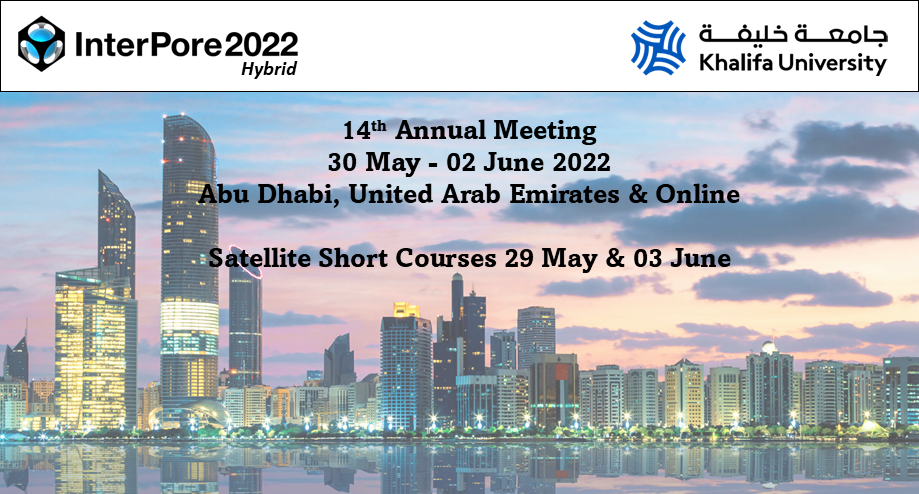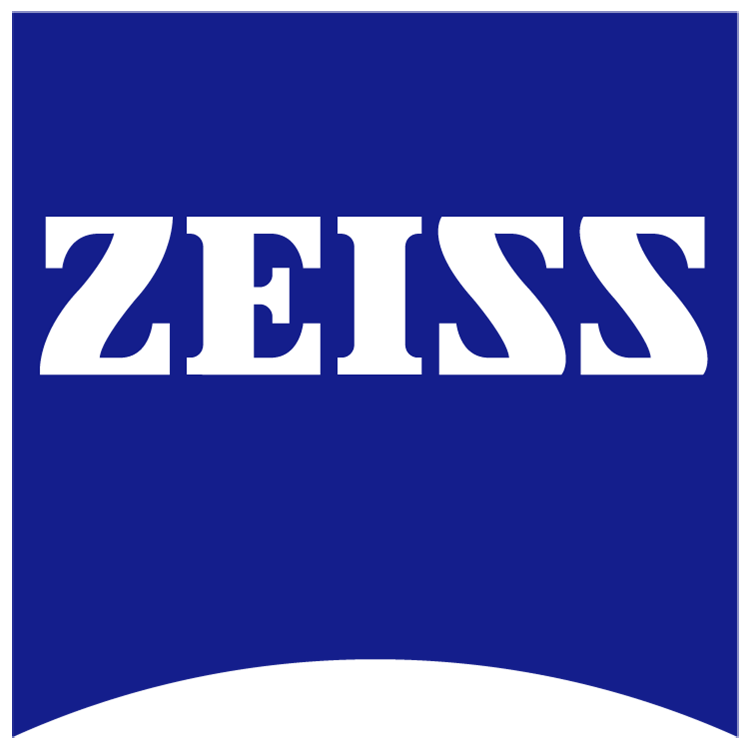Speaker
Description
Physics-based modeling of a reservoir can suffer from several uncertainties as in the constitutive modeling, the choice of model parameters, or geometrical representation of the physical asset, just to mention a few. Yet, it allows for explicitly incorporating fundamental principles of physics, as conservation laws. On the other hand, data (as long as available and sufficient) may assist in tuning constitutive models and close the gap between predictions and the true physics.
In this work, we investigate to what degree hybrid modeling of a physical porous medium can result in accurate flow predictions. For this, we execute flow experiments in the FluidFlower [1], a laboratory-scale rig filled with different layers of homogeneous sands, equipped with several pressure sensors, and allowing for high-precision tracking tracer flow experiments from the outside via a glass screen. On the other hand, corresponding simulations are performed using PorePy [2], an open-source physics-based finite volume simulator tailored to multiphysics problems in complex geometries. In order to bring data and physics together, the concept of Hybrid Analysis and Modeling [3] is introduced, correcting the physics-based simulations essentially by learning the residual using machine learning. We discuss how much or little sparse and/or dense data affects the final prediction abilities, eventually potentially enabling real-time integration of reservoir flow, simulation, and control with experimental operational parameters.
References
[1] FluidFlower webpage, https://fluidflower.w.uib.no/
[2] Keilegavlen, E., Berge, R., Fumagalli, A., Starnoni, M., Stefansson, I., Varela, J. and Berre, I., 2021. Porepy: An open-source software for simulation of multiphysics processes in fractured porous media. Computational Geosciences, 25(1), pp.243-265.
[3] Rasheed, A., San, O. and Kvamsdal, T., 2020. Digital twin: Values, challenges and enablers from a modeling perspective. Ieee Access, 8, pp.21980-22012.
| Participation | Online |
|---|---|
| Country | Norway |
| MDPI Energies Student Poster Award | No, do not submit my presenation for the student posters award. |
| Time Block Preference | Time Block A (09:00-12:00 CET) |
| Acceptance of the Terms & Conditions | Click here to agree |









